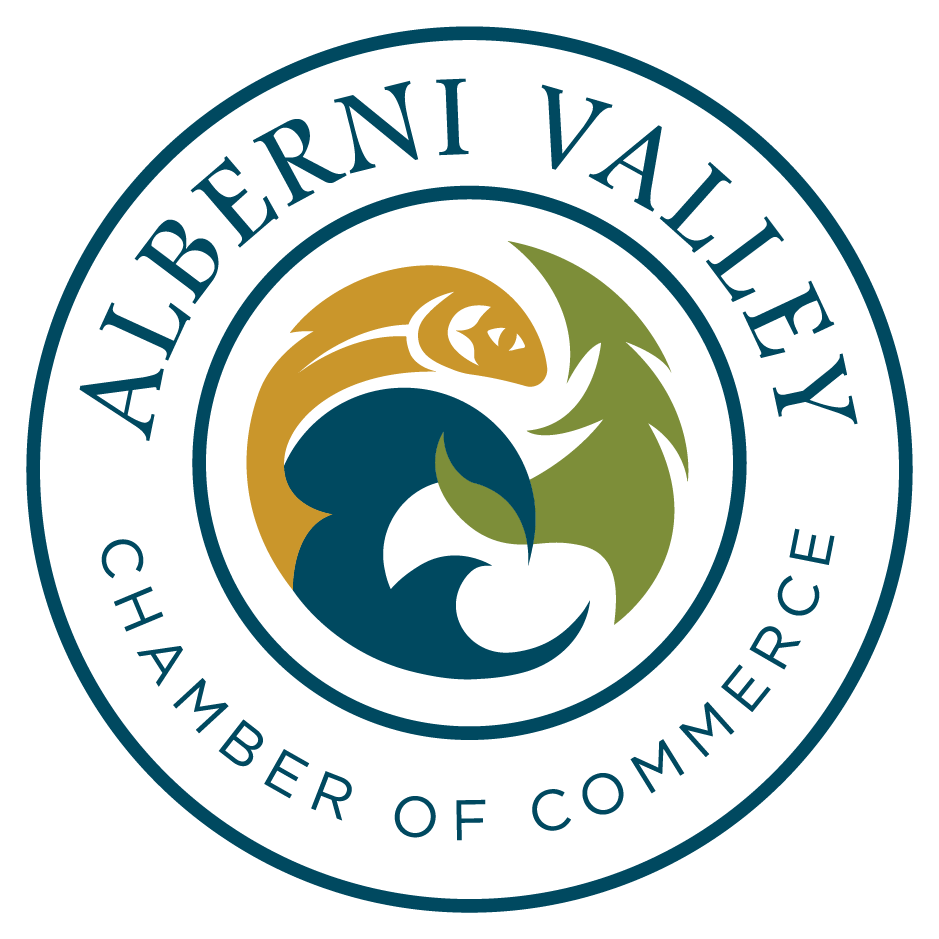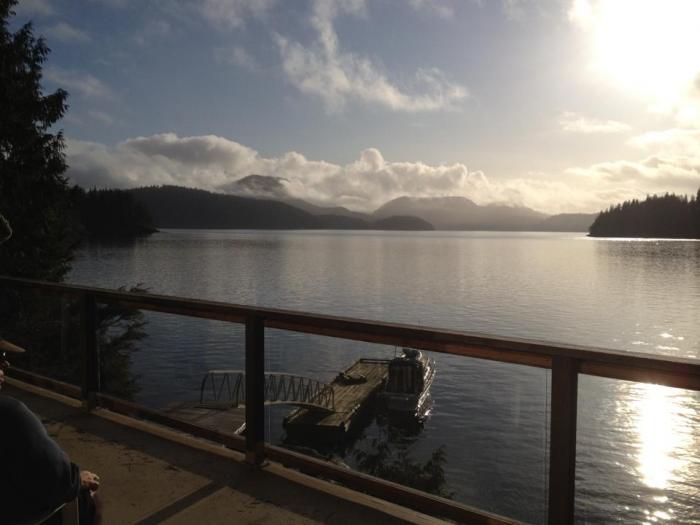
FEATURE: LAND
The Value of Property At Home and Abroad
The value of land differs across the world.
In British Columbia it is a result of good governance, public
infrastructure, and the market.
On less developed continents, basic “land rights” are only now being understood as the key to human well- being, economic growth, and stability.
Democratic Institutions
Many British Columbians take the value of their property for granted. For some, the mantra “location, location, location” simplistically explains why the value of their property increases.
In BC, property rights are supported by the rule of law, democratic institutions, and a wholly transparent system of identifying, deeding, valuing, taxing, and transferring property. Institutions such as Land Title and Survey Authority,
BC Assessment, and the BC Notaries Public are examples of institutions that support land value.
Skytrain bridge over Fraser River
The quality of community services, primarily governed locally by municipalities and regional governments, also impact market value. The quality of bridges,
traffic patterns, hospitals, schools, recreational facilities, police and fire protection, good water, and sewerage all contribute to residential, business, and industry value.
Infrastructure Investment
Future infrastructure and other public/ private development also impact a property’s value.
Government planning for public infrastructure in concert with commercial development portends a climate of investment, mortgaging, and communities desirous of building forms of wealth both in real estate and in quality of life.
Surrey, Maple Ridge, and Pitt Meadows are considered the hottest cities for high-growth commercial and real estate markets in the Fraser Valley, according to the Langley- based research company Real Estate Investment Network.
The current and “potential” values in those cities can be traced through examining the development of public infrastructure that connects both sides
of the great Fraser River. We have only to ask what were the values of property in Surrey and area “before and after” the following were built.
• The Patullo Bridge in 1936, 1937 • The first Port Mann Bridge in
1964
• The Alex Fraser Bridge in 1986
• The Skybridge (Translink) extending the Expo Line in 1990 to the King George Station, the eastern terminus in 1994
• The Golden Ears Bridge connecting Langley with Pitt Meadows and Maple Ridge in 2009
• The New Port Mann Bridge in 2012
While they were key drivers for property wealth, the value of Lower Mainland properties and quality of life will continue to improve with future infrastructure development.
For instance, as detailed in the Fall 2013 edition of The Scrivener, Port Alberni Port Authority’s proposed new terminal on Vancouver Island— dedicated to container trans shipment and short sea shipping—will be part of the ongoing infrastructure solution to the Lower Mainland’s growing pains, again helping to increase the region’s property value by using the Fraser for transportation of goods up-river.
Many British Columbians take the value of the
|
Securing Property Rights Internationally While property owners in our province benefit from secure land rights, good governance, sound infrastructure investment, and the economic development it affords, the majority of people on other continents are less fortunate. Karol Boudreaux, director of investments for the Omidyar Network, states, “Some 70 percent of the world’s people...live without formal, documented rights to land.” In South America and Africa where large tracts of land are being acquired in so-called “land-grabs” for resource extraction and other forms of development, land rights are only starting to be recognized for many local communities and indigenous populations. Last year, in an effort to improve the lives and livelihoods of small- According to the UN Food “Inadequate and insecure tenure rights increase vulnerability, hunger, and poverty, and can lead to conflict and environmental degradation when competing users fight for control of the resources. The governance of tenure The document also recommends “safeguards be put in place to protect tenure rights of local people from risks that could arise from large-scale land acquisitions,” while also making the case for protection of “human rights, livelihoods, food security, and the environment.”
The stability of land rights and governance in British Columbia contributes The guidelines address a wide range of other issues. • Recognition and protection • Best practices for registration and transfer of tenure rights • Making sure that tenure administrative systems are accessible and affordable • Managing expropriations and restitution of land to people who were forcibly evicted in the past • Rights of indigenous communities • Ensuring that investment • Mechanisms for resolving disputes over tenure rights • Dealing with the expansion of cities into rural areas The stability of land rights and governance in British Columbia contributes to individual and collective property wealth. As land rights are established in other countries, Canada can expect more trade and secured international prosperity. Nigel Atkin, MA, is an international development consultant and university instructor. Advertiser |
|
|
Volume 22 Number 4 Winter 2013 The Scrivener |
65 |
ir property for granted.

